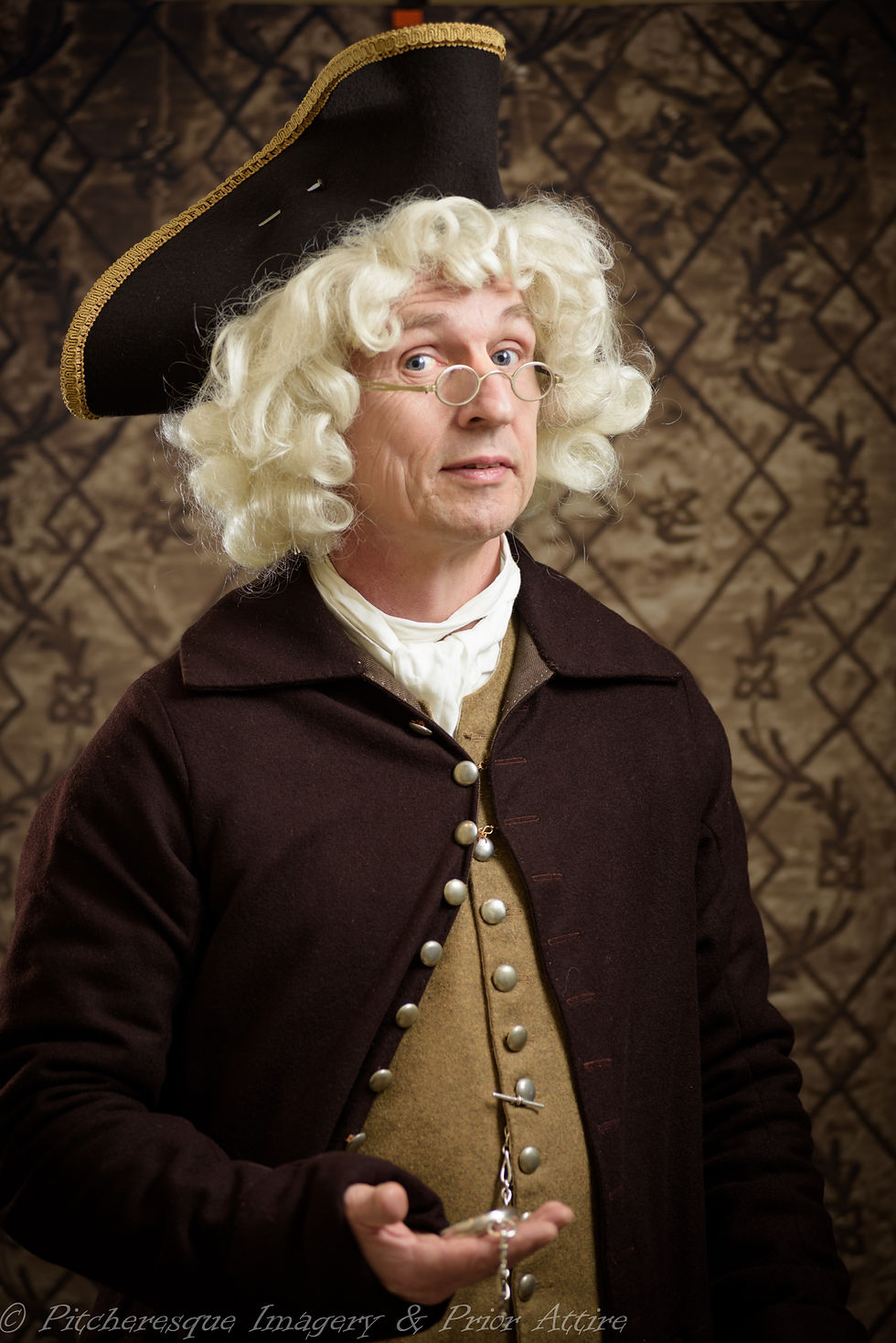But what if... Channeling your inner child whilst writing.
- Karen Hamilton-Viall
- Mar 15, 2021
- 4 min read
Updated: Jul 28, 2021

Before Covid, I used to teach interactive history workshops at schools and historic sites. Ten-year-old me never dreamed that one day I would stand in front of a class of children teaching them. I did it for fifteen years before the lockdown restrictions meant I could no longer visit. I never had a dull day because children are never dull. Their minds wander off on so many tangents and are free to be as creative as they wish. We have a small replica bread oven that they use to bake fake medieval loaves. It's a great prop to get their minds working. One January, I asked a group of six and seven-year-olds how they thought medieval people heated the oven. "Lava!" One boy piped up. To his mind, it made perfect logical sense. Volcanoes are hot so just use magma to cook your bread. I love the thought of magma powered ovens! It sounded like something the Flintstones would have.
Children's imaginations are not bound by the limitations that tether adult thought processes. Their minds are free and wild, only just forming opinions about what's real or possible. I can recall myself, when I was about four, visiting a relative's home. My brother and I were playing at the top of her stairs. We managed to convince ourselves so strongly that a dragon was hiding in one of the rooms that somehow we both ended up falling downstairs in our struggle to get away from it. Years later, working at a beautiful castle, I can recall the manager's son talking to me about the dragon he had seen around the castle and that it lived down the well.
When we run our armour workshops, the children are fascinated, and of course want to know what it's made of. Steel does not seem to impress them. Inevitably at least once a month a child will ask, "But what if.... you were really rich, could you have gold armour?" An explanation follows on how expensive that would be and it's not suitable metal to make armour from. "But what if.... you used silver instead?" This invariably leads to them asking if diamond armour is possible or rock armour. You always know if they start by asking "But what if...", the query that follows is going to involve some fantastic creation from their imagination. It's just one of the charming delights of teaching young minds.
When I was young, I recall thinking that the world had once been entirely black and white and then, sometime in the 1950s, it had randomly switched to being in colour. I thought I was alone in this way of thinking till a met a teenager whilst teaching WW1 medicine, who shyly asked me the same question. What a great idea though for a short story!
As we get older, many of us are asked to conform to adult norms and these wonderful imaginings are brushed to the back of our mind so that we can fit in with social ideals but imagination is important in all sorts of jobs. Without imagination, how can we envisage travelling to Mars or building a better world for ourselves?
We don't all necessarily lose our imaginations, sometimes it can be turned into negative imaginings. I'll tell you a story about my mum. She has a friend who flies planes. She often flies over the town where my mum lives. Her friend is elderly and also has a heart condition. One of my mum's fears is that her friend will have a heart attack at the exact time she is flying over her house, then, of all the houses to crash into, she will crash into my mum's house. It's an irrational fear but what a fantastic example of imagination? I've often felt my mum should be a writer, because of all the bizarre possible deaths she thinks up for herself and her family. Why not take those fears and channel them in a positive direction?
When I'm writing my stories, I say "But what if..." and try to think up the most amazing possibilities I can. I do have days, where I feel the yoke of restriction trying to make my writing tamer. Then I think, hold on, this is my world, my story, I can make whatever I want happen here. Obviously, because I write fantasy and paranormal, I'm freer than someone writing a historically accurate novel of the War of the Roses but even in the past, there is scope for imagination I think. I've never been a fan of people who've said, this is exactly the way it happened. It says so here. I like to quote an example to people of a friend who many years ago worked for the MOD issuing supplies for the army back in the 1990s. A decade or so later there were gulf war re-enactors recreating what it was like. I recall my friend telling me about a discussion with some, who told him that things were a certain way, "That's what the book says," they chimed. My friend said, "I can tell you categorically that's not true. I was the one sending the supplies!" So even in such a recent event, with many people still alive who were there and records kept, information was incorrect. If you go back six hundred years, it's even harder to be certain what's correct.
So, when you're next writing your novel, try to clear your mind of the rules and restrictions of life and channel your inner child by thinking "But what if..." and let that inner child run free.









Comments